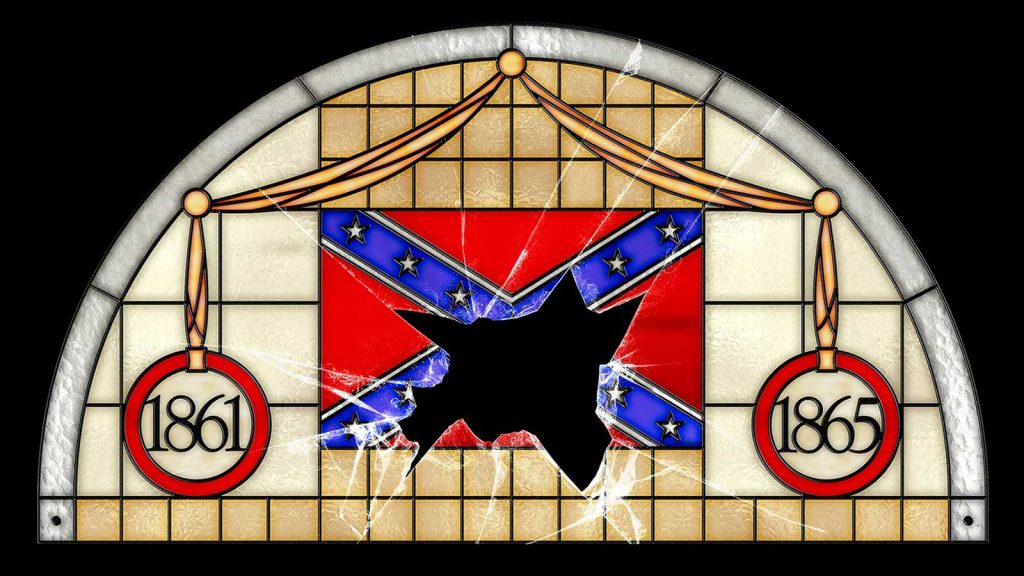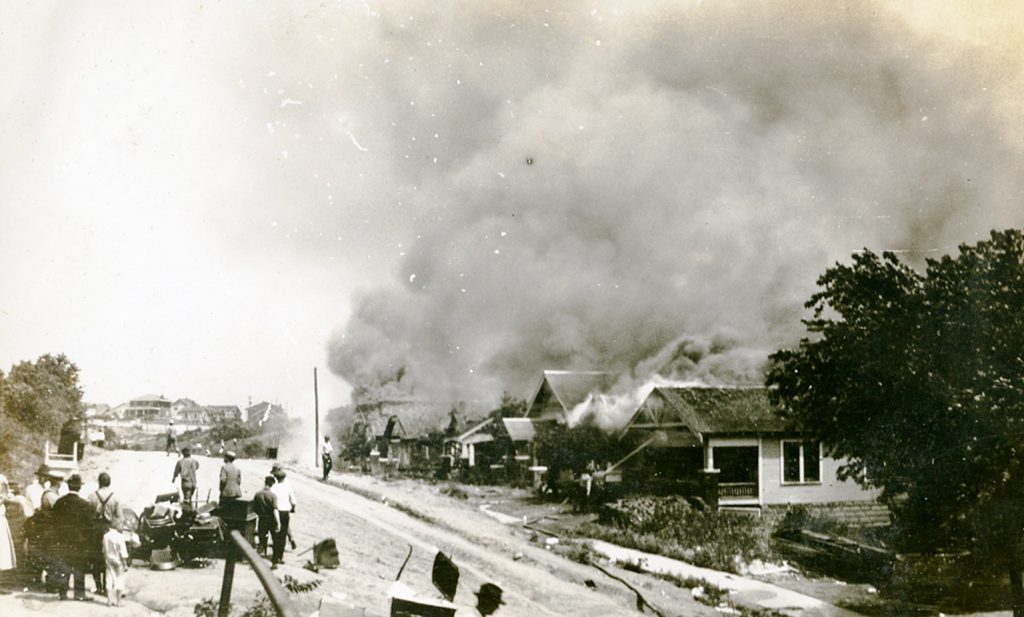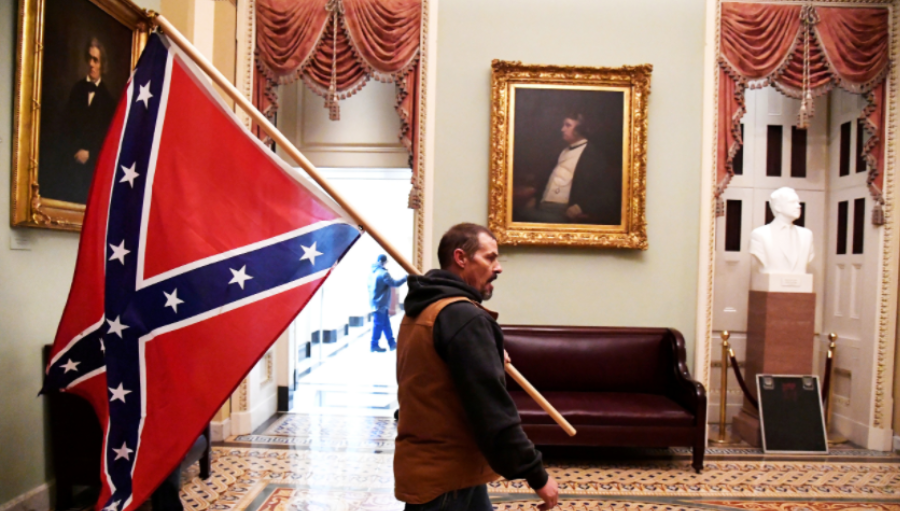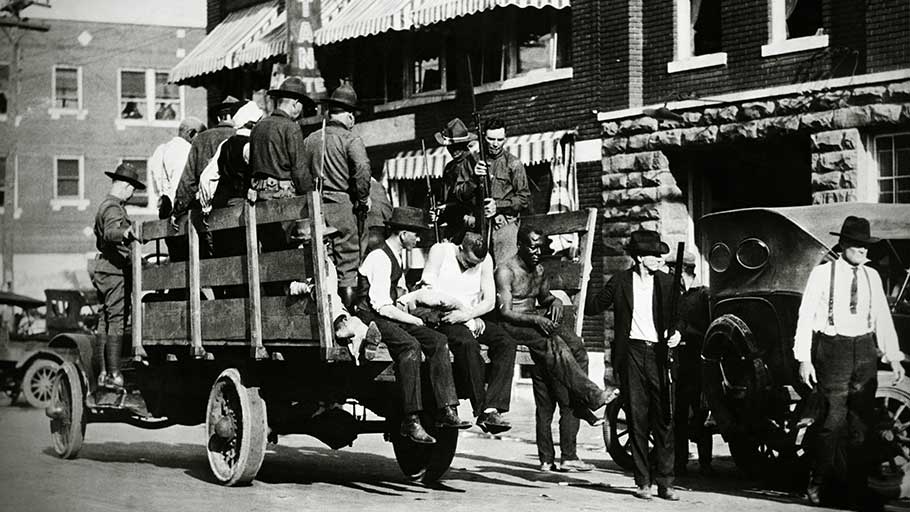
For some Americans, history isn’t the story of what actually happened; it’s the story they want to believe. By Clint Smith, The Atlantic Most of the people who come to Blandford…

For some Americans, history isn’t the story of what actually happened; it’s the story they want to believe. By Clint Smith, The Atlantic Most of the people who come to Blandford…

By Jovan Wilson — History was created today when Dr Carla Barnett was appointed as the first female Secretary-General of the Caribbean Community (CARICOM). The leaders unanimously agreed to Barnett’s…

By Nkechi Taifa, Esq.— The godsend of the granting of compassionate release to William Underwood today is a matter of preparation and persistence meeting opportunity. The blessing is the story…

By Victor Luckerson— For most of the hundred and fifty-six years since the Civil War, white mobs have had free rein over American society. They burned Black schools during Reconstruction,…

Living the Legacy of Our History: Resolutions for Righteous and Relentless Struggle By Dr. Maulana Karenga— In this time of trial, tragedy and transition, let us turn inward for a…

The report excuses America’s founders for owning slaves and defends the racist Three-Fifths Compromise as necessary to form a “durable union.” By Sarah Ruiz-Grossman, HuffPost — On Martin Luther King…

By Eric Mann— “Dr. DuBois was a radical all of his life. Some people would like to mute the fact that he was a genius who became a Communist in…

By Nkechi Taifa— The terror Blacks feel is in our bones. For me, it began when white storm clouds of terror hung over the home of Mose Wright late one August…
By Ed Bell, Clementine Briand, Pierce Freelon, Jonathan Halperin, Aaron Keane and Drew Takahashi— EPISODE 1 The white “race” was invented by rich Virginians in 1676 in the aftermath of…

By Char Adams— A far-right, pro-Trump mob stormed the U.S. Capitol with Confederate flags and weapons in an attempt to stop members of Congress The response by both law enforcement and political…

By: Abayomi Azikiwe— Tulsa was the scene of a violent attack on a thriving African American community nearly a century ago During World War I (1914-1918) and the immediately following…
Live Webcast November 18, 2020 — The year 2019 represented the 400th anniversary of the forced arrival of enslaved Africans in the English colonies at Point Comfort, Virginia in 1619….